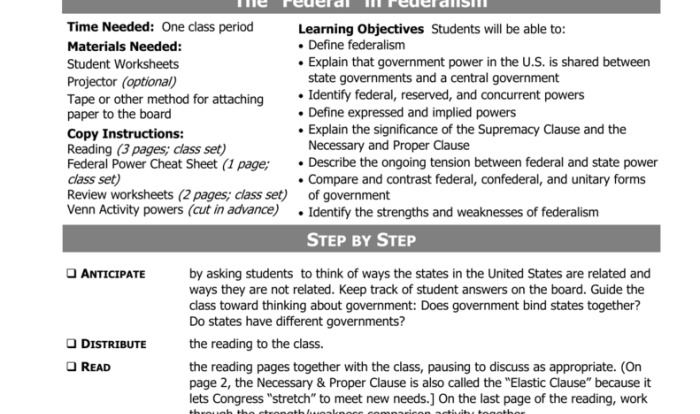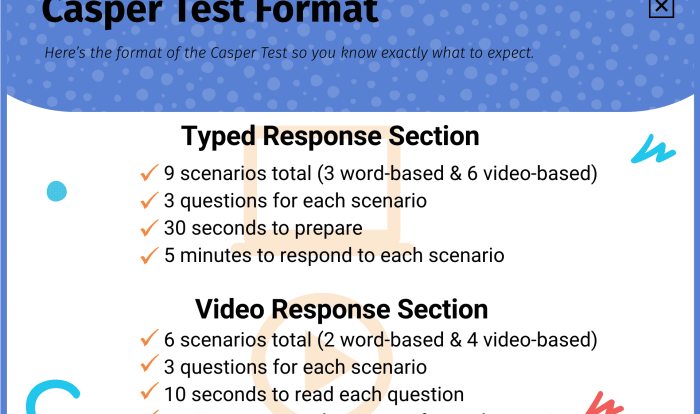Age specific competency quiz answers – Age-specific competency quiz answers provide valuable insights into an individual’s skills, knowledge, and abilities at different stages of their development. These quizzes are designed to assess specific competencies relevant to a particular age group, helping educators, parents, and career counselors make informed decisions regarding educational planning, skill development, and career guidance.
This guide explores the purpose, types, design, implementation, analysis, and utilization of age-specific competency quizzes. It also addresses ethical considerations to ensure fairness and confidentiality in the assessment process.
1. Understanding Age-Specific Competency Quizzes: Age Specific Competency Quiz Answers

Age-specific competency quizzes are assessments designed to measure an individual’s skills and knowledge within a specific age range. They are typically used to identify areas of strength and weakness in academic, developmental, or behavioral domains.
These quizzes play a significant role in educational planning, skill development, and career guidance. By providing a comprehensive assessment of an individual’s current abilities, they help educators and professionals tailor interventions and support to meet their specific needs.
Types of Age-Specific Competency Quizzes
- Academic Competency Quizzes:Assess basic academic skills such as reading, writing, and mathematics.
- Developmental Competency Quizzes:Evaluate developmental milestones in areas such as gross and fine motor skills, cognitive abilities, and social-emotional development.
- Behavioral Competency Quizzes:Measure specific behaviors, attitudes, and social skills relevant to a particular age group.
Design and Development of Age-Specific Competency Quizzes
Effective age-specific competency quizzes require careful design and development to ensure their validity and reliability. Considerations include:
- Age-Appropriate Content:Quizzes should align with the developmental and cognitive abilities of the target age group.
- Clear Instructions:Instructions should be simple and easy to understand, avoiding jargon or complex language.
- Varied Formats:Quizzes may include multiple-choice, short answer, or performance-based tasks to accommodate different learning styles.
- Bias Mitigation:Quizzes should be designed to minimize bias and ensure fairness for all participants.
Implementation and Administration of Age-Specific Competency Quizzes
Proper implementation and administration of age-specific competency quizzes are crucial for accurate and reliable results. Best practices include:
- Standardized Administration:Quizzes should be administered in a consistent manner across participants to ensure fairness.
- Appropriate Timing:Quizzes should be timed to allow participants to complete them within a reasonable timeframe.
- Supervision:Administration should be supervised to minimize distractions and ensure test integrity.
- Confidentiality:Participant responses should be kept confidential and used only for intended purposes.
Analysis and Interpretation of Age-Specific Competency Quiz Results, Age specific competency quiz answers
Analysis and interpretation of age-specific competency quiz results provide valuable insights into an individual’s strengths and weaknesses. Methods include:
- Scoring:Quizzes are scored using established criteria to determine proficiency levels.
- Percentile Ranks:Results can be compared to normative data to provide a context for an individual’s performance.
- Item Analysis:Individual items can be analyzed to identify areas where participants struggled or excelled.
Utilization of Age-Specific Competency Quiz Results
Age-specific competency quiz results have various applications, including:
- Educational Planning:Identifying areas for academic intervention and support.
- Skill Development:Tailoring training programs to address specific skill deficits.
- Career Guidance:Matching individuals to careers that align with their strengths and interests.
Ethical Considerations in Age-Specific Competency Quizzes
Ethical considerations in age-specific competency quizzes include:
- Participant Confidentiality:Ensuring that participant responses are kept confidential and used only for intended purposes.
- Fairness:Quizzes should be designed to minimize bias and provide equal opportunities for all participants.
- Informed Consent:Participants should be fully informed about the purpose and use of the quiz results.
FAQ Guide
What is the purpose of age-specific competency quizzes?
Age-specific competency quizzes assess specific skills, knowledge, and abilities relevant to a particular age group, providing insights into an individual’s developmental progress.
How can age-specific competency quiz results be used?
Age-specific competency quiz results can be used for educational planning, skill development, and career guidance, helping individuals identify areas of strength and weakness and make informed decisions about their future.
What ethical considerations should be taken into account when administering age-specific competency quizzes?
Ethical considerations include protecting participant confidentiality, ensuring fairness in the assessment process, and using the results responsibly to support individual growth and development.




